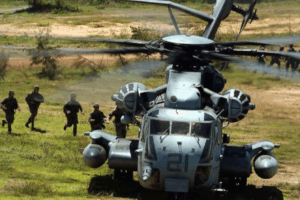Myanmar Shifts Focus to Youth Sports Development Amid Political Transition
After decades of civil unrest and isolation, Myanmar (formerly Burma) is making a strategic pivot—from weapons to sport—with a strong emphasis on youth development. As the nation seeks to reshape its international image, the military-led government has taken a page from countries like Qatar, using sport as a tool for soft diplomacy, albeit with more modest means.
In a country where football hasn’t traditionally dominated the national sports landscape, the Burmese authorities are now focusing on training the next generation. The decision marks a long-term investment in sporting infrastructure and talent development, with less emphasis on immediate results from the senior national team.
A Strategic Hosting Opportunity
Myanmar’s commitment is exemplified by its hosting of the AFC U-19 Championship, held from October 9 to 23, a tournament featuring the top sixteen Asian nations. The event is split between Rangoon (Yangon) and Nay Pyi Taw, and is viewed as a critical opportunity for Myanmar’s “White Angels” to secure one of the four qualifying spots for the 2015 U-20 FIFA World Cup in New Zealand.
Building Toward the Future

Success in this tournament would not only mark a symbolic return to the international football scene but also serve as a validation of Myanmar’s grassroots efforts. The country hopes to rekindle the legacy of its 1960s golden generation, which twice won the Asian Games (1966 and 1970) and were finalists in the 1968 Asian Cup.
Challenges Ahead
Despite the ambition, Myanmar faces significant challenges. Cultural preferences, limited funding, and the lingering effects of political instability mean that changing national sporting priorities will take time. Nonetheless, the hosting of a major youth tournament could prove to be a turning point—not only for Burmese football but for sports development in the region.












